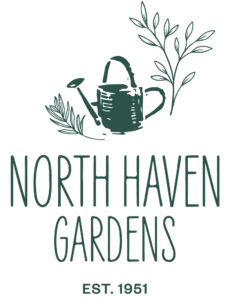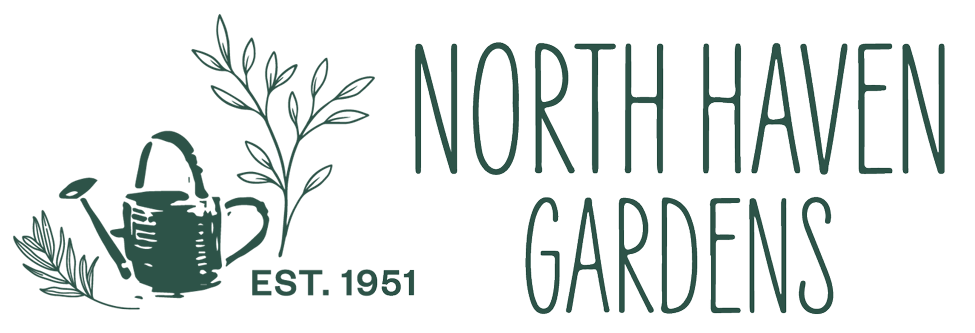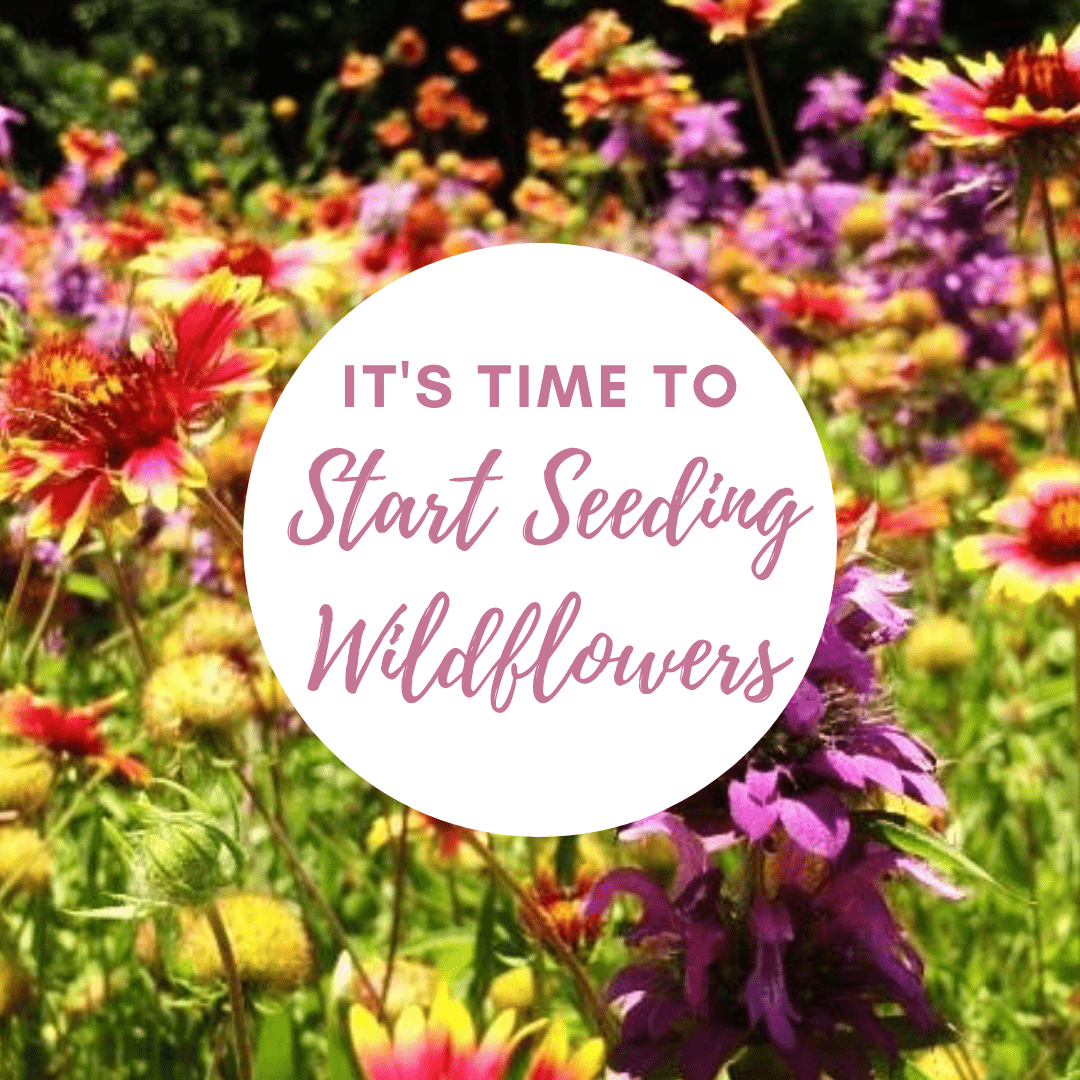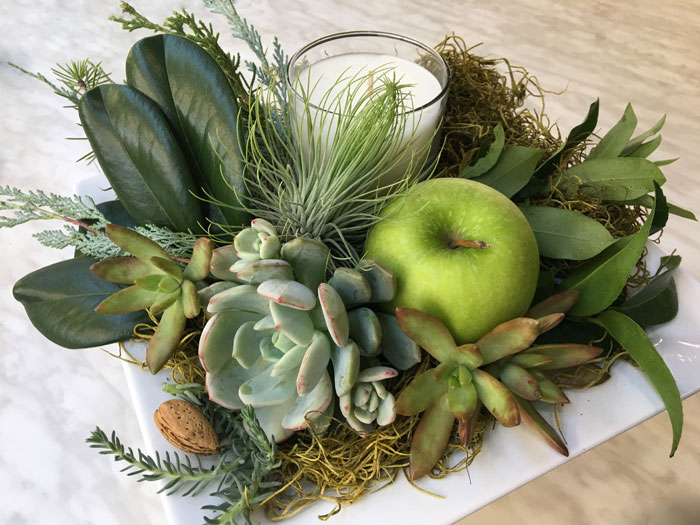Perhaps you want to take care of migrating Monarch butterflies. Maybe you want to attract…
Structural Plants for Sun and Shade
Landscape architects agree that when it’s time to envision a garden design or rethink and refresh existing areas, the first step is to choose structural, foundational plants. These plants will form the backbone of the garden and become permanent elements around which the rest of the garden’s design will revolve. Structural plants may be chosen for their size, for eye-catching flowers or shapes, or for a unique effect when trained on trellises (espaliered) or shaped as topiaries. As with all plant selection, the process begins by evaluating both how much sun the plant will get and need. Let’s look at a few foundational plants for various locations and see what they can add to your garden.
Structural Plants for Shady Gardens
All-day full shade can be one of the most challenging situations for gardeners, but there are interesting structural options to organize a super-shady garden. “Yews” – a generic term for the Podocarpus, Taxus and Cephalotaxus genera of plants – come in a range of sizes from low and spreading to upright columns. They are evergreen, thus providing a pop of color even in winter, and can be sheared to maintain size and shape. They are generally slow growers, so when your location calls for a tall or upright specimen such as a ‘Maki’ Japanese yew (Podocarpus macrophyllus), it’s worth the money to pay more for a larger, more mature specimen. Another option for structure in a shade garden is ferns. One of the most Texas-tolerant is the Japanese holly fern, which can reach 3’ x 3’. This low-maintenance evergreen, with its jagged edges on glossy emerald fronds, is a beautiful anchor to the center of flower beds with annual color planted in front and larger structural plants behind.
For semi-shady gardens – those with filtered light or morning sun and afternoon shade – the options for interesting foundational plants increase dramatically. One of the most popular choices of gardeners with these light conditions is the Japanese maple. Japanese maples come in a range of leaf colors, sizes, and shapes, including “weeping” forms that arch gracefully down to the ground. Though they are deciduous, many Japanese maples have colorful or peeling bark that adds interest throughout the winter. With the varied shapes and colors of the leaves and the glorious fall color, Japanese maples have earned their reputation as favorites in the part-shade garden. For semi-shade xeriscape and desert southwest gardens, the upright, fanlike fronds of the native Texas sabal palm make a unique structural accent under a tree or in the middle of a flower bed.
Structural Plants for Sunny Gardens
For gardeners working with full sun, the challenge in selecting foundational plants is choosing from a wide range of options. For those who want a tropical look, sago palms, with their large, arching fronds and textural base, add an exotic touch. True tropical palms often freeze in a Dallas winter, and sagos – though not true palms – need to be covered during freezing temperatures. However, they’re slow-growing and do well in pots that can be moved to a protected area during extreme cold. Grouping 3-5 sagos in the ground or in pots can create a striking tropical foundation for sunny gardens. For more traditional gardens, hollies are a popular choice. They are relatively fast-growing, offer evergreen color and glowing red berries, and come in a variety of shapes and sizes, including the almost vertical shape of the ‘Will Fleming’ yaupon holly and the weeping ‘Pendula’ variety, each creating a unique structural accent to anchor any garden space. Finally, for desert-style gardens, our native yuccas, agaves, and hesperaloes can’t be beaten. The almost cactus-like evergreen foliage adds color and shape year-round, and the bloom spikes which emerge in late spring will stay on the plant into the winter. These are some of our most heat and drought-tolerant foundational plants for a desert Southwest look.
Knowing the sun requirements of your garden and the landscape look you want will direct your choice of structural plants. If this part of garden design intimidates you, North Haven Garden’s “Garden Coach” consultation service is a great place to start. In a private meeting (in-store $35/45 minutes or at home in our service area, $125/one hour), an NHG Garden Advisor will suggest structural plants to organize your landscape, other additions to bring color and interest, and advice on how to establish and maintain your garden. Learn more at nhg.com/garden-coach-program/




